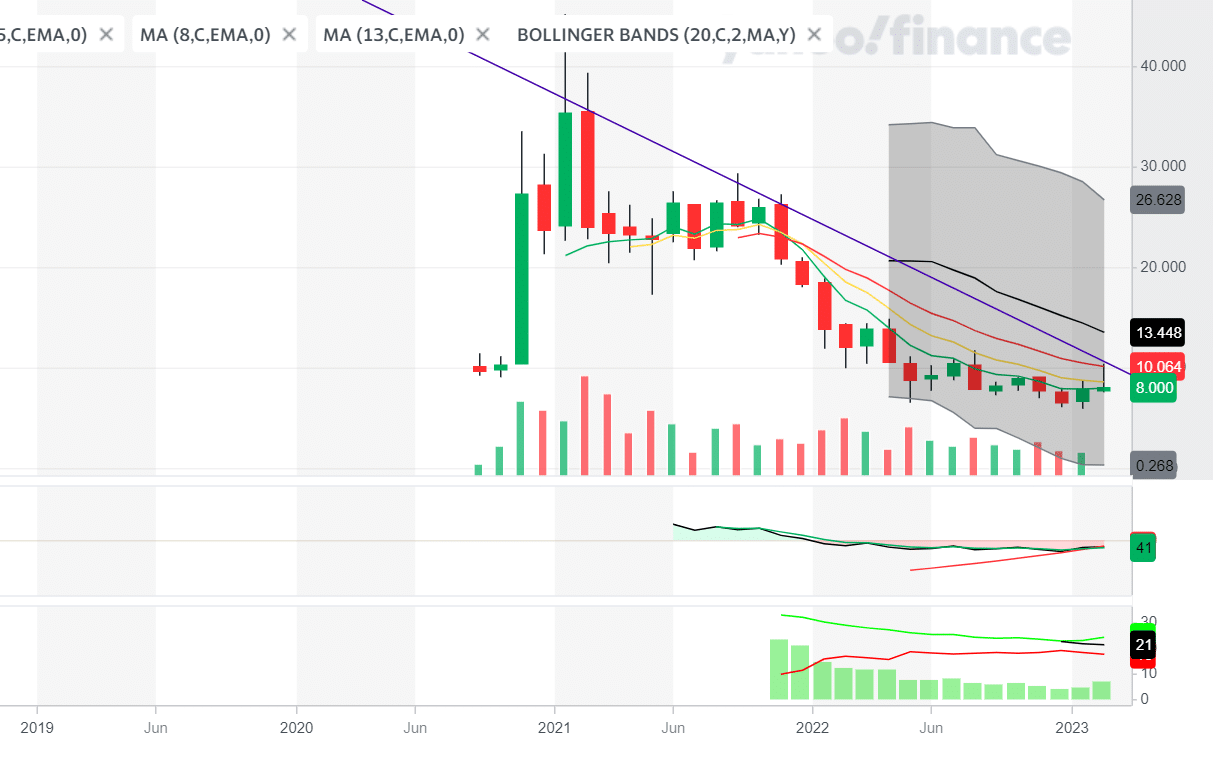FirstUp: IMF Review Of Pakistan's $1.3 Billion Loan Package & Today's News

Table of Contents
Key Conditions for IMF Loan Disbursement
The IMF's disbursement of the $1.3 billion loan is contingent upon Pakistan meeting several stringent conditions designed to address the country's deep-seated economic challenges. These conditions are aimed at fostering fiscal responsibility and sustainable economic growth. Failure to meet these conditions could result in a delay or even cancellation of the loan, exacerbating the existing Pakistan economic crisis.
-
Fiscal reforms and revenue generation measures: This includes broadening the tax base, improving tax collection efficiency, and reducing tax evasion. The IMF expects Pakistan to implement significant reforms to its tax system to ensure sufficient revenue generation to service its debt and fund essential public services. This is a crucial aspect of the Pakistan IMF loan agreement.
-
Monetary policy adjustments and interest rate hikes: The IMF typically advocates for tighter monetary policy to curb inflation. This often involves raising interest rates, which can have a dampening effect on economic activity but is necessary to stabilize the Pakistani Rupee and control inflation. The interest rate hikes are a key condition within the Pakistan IMF loan package.
-
Structural reforms in key sectors (energy, etc.): Pakistan's energy sector is plagued by inefficiencies and losses. The IMF demands significant reforms to improve energy sector performance, reduce reliance on expensive imported fuel, and improve overall energy security. These structural reforms are a major component of the IMF bailout package.
-
Commitment to tackling corruption and improving governance: Addressing corruption and enhancing governance are vital for improving the efficiency of public spending and attracting foreign investment. The IMF insists on a demonstrable commitment to transparency and accountability within the government and public sector organizations. This is a critical element for long-term sustainable growth and securing the Pakistan IMF loan.
Meeting these conditions presents significant challenges for Pakistan. Political resistance to unpopular reforms, bureaucratic inefficiencies, and a lack of institutional capacity can hinder progress. The political implications of these conditions are also significant, potentially leading to social unrest if austerity measures impact the population disproportionately. The ongoing debate about fiscal responsibility and the need for structural reforms highlights the complexity of the situation.
Impact of Delayed Loan Disbursement on Pakistan's Economy
A delay or failure in securing the IMF loan would have severe repercussions for Pakistan's already fragile economy. The consequences could trigger a vicious cycle of economic decline, increasing social tensions, and potentially leading to a sovereign debt crisis.
-
Further devaluation of the Pakistani Rupee: Without the IMF loan, the Pakistani Rupee is likely to depreciate further against major currencies, making imports more expensive and exacerbating inflation. This devaluation is a major concern amidst the ongoing Pakistan economic crisis.
-
Increased inflation and cost of living crisis: A weaker Rupee and the potential for further government spending cuts could lead to runaway inflation, pushing millions more Pakistanis into poverty and fueling social unrest. Inflation in Pakistan is already a significant problem, made worse by the existing economic instability.
-
Debt default risk and potential sovereign debt crisis: Failure to secure the IMF loan could significantly increase the risk of a debt default, triggering a potential sovereign debt crisis with devastating consequences for Pakistan's economy and its international standing.
-
Impact on social programs and poverty levels: Austerity measures imposed as a condition for the loan, coupled with an economic downturn, could lead to cuts in essential social programs, further impacting vulnerable populations and increasing poverty levels.
The potential for social unrest due to economic hardship is high. Public dissatisfaction with government policies could escalate into widespread protests, further destabilizing the country. This is a major concern for the Pakistani government and the international community.
Today's News and Market Reactions
[Insert here a summary of the latest news and developments regarding the IMF review, including market reactions (stock market, currency exchange rates), statements from Pakistani officials or IMF representatives, and an analysis of the short-term and long-term implications. Remember to cite your sources.] For example: "Reports suggest that the IMF is currently reviewing Pakistan's progress on implementing the agreed-upon conditions. The Pakistani Rupee showed slight volatility following the release of a recent IMF statement. [Cite source]."
Conclusion
The IMF review of Pakistan's $1.3 billion loan package is a pivotal moment for the country's economic future. The conditions imposed by the IMF, while challenging, are necessary to address Pakistan's underlying economic vulnerabilities. A successful review and disbursement of the loan would provide crucial breathing room, but failure would likely trigger a deeper economic crisis. The potential consequences – from further devaluation of the Pakistani Rupee to a potential sovereign debt crisis – underscore the high stakes involved. Pakistan needs to navigate this critical juncture carefully, balancing the need for economic reforms with the imperative to maintain social stability.
Call to Action: Stay informed about the latest developments regarding the Pakistan IMF Loan by regularly checking reputable news sources and analyzing expert opinions. Understanding the intricacies of this crucial IMF bailout is key to grasping the future trajectory of the Pakistan economy. Keep up-to-date with the ongoing Pakistan economy news to make informed decisions.

Featured Posts
-
 Caravan Encampments Fuel Ghetto Fears In Uk City
May 10, 2025
Caravan Encampments Fuel Ghetto Fears In Uk City
May 10, 2025 -
 Palantir Stock Analyst Forecasts Adjusted After Price Increase
May 10, 2025
Palantir Stock Analyst Forecasts Adjusted After Price Increase
May 10, 2025 -
 Apples Ai Ambitions A Deep Dive
May 10, 2025
Apples Ai Ambitions A Deep Dive
May 10, 2025 -
 Adin Hills Stellar Goaltending Propels Golden Knights Past Blue Jackets
May 10, 2025
Adin Hills Stellar Goaltending Propels Golden Knights Past Blue Jackets
May 10, 2025 -
 Record Fentanyl Bust Pam Bondis Role In Historic Drug Seizure
May 10, 2025
Record Fentanyl Bust Pam Bondis Role In Historic Drug Seizure
May 10, 2025
